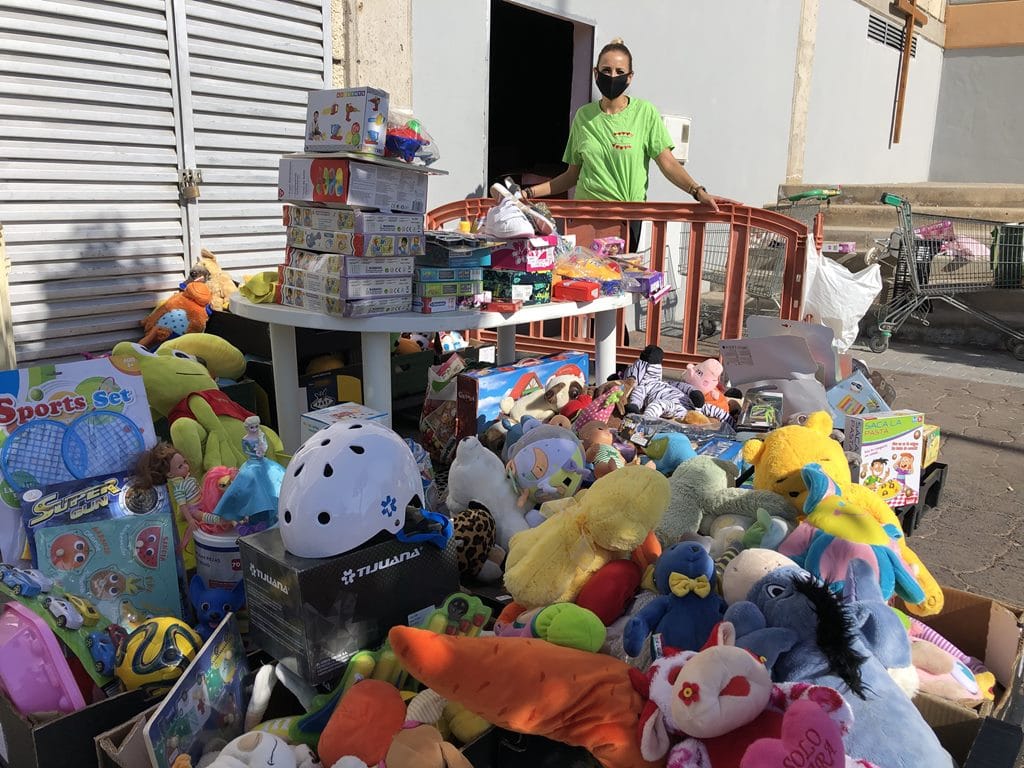
They form a group of supportive women who in 2009, a year after the great economic recession broke out, decided to open the halls of their homes in San Isidro and start distributing food to the most needy families. For this, they resorted to the surplus production of several farms in the area.
That was the embryo of the Virgen de la Esperanza Solidarity Association, one of the most active NGOs in the South, which has a dozen volunteers and 13 years later maintains its commitment to helping people without economic resources, in collaboration with the Granadilla Town Hall. The increase in the cost of the shopping basket, unprecedented since 1985, is fully affecting families with no income who knock on the door of Social Services and charitable groups.
“It does not give them the economic amount that is given to them through a card, because prices have risen a lot and they can no longer buy what they used to in supermarkets,” Ana Fernández, president of the Virgin Association of La Esperanza, which has detected an upturn in the demand for aid due to the increase in the number of relatives in a situation of vulnerability. “There are more people in the houses because they are coming from abroad, especially from Venezuela. To a certain extent it’s logical, people think: I’ll bring my mother and we’ll add more water to the soup”.
Ana Fernández also warns of the situation of some cases of victims of the Cumbre Vieja volcano, in La Palma, who have settled in the South. “There are cases in municipalities like Arona or Adeje that break your soul, they are people who are waiting for help from the volcano and who are starting a new life here; they need a table, diapers…”.
The association distributes basic necessities on Thursdays in a small place in San Isidro, where it stores the food that arrives from the Tenerife Food Bank and donations, “although private donations have dropped a lot compared to the worst moments of the pandemic” , clarifies Fernández, “something to a certain extent logical after the emergence of La Palma”. In this sense, he appreciates the collaboration of small companies such as Panesa, in San Isidro, which gives them the bread they need.
“We give out a little bag, which is a little help, and once a month we give out rice, pasta, oil, tomato, tuna, sausages… and when we can, fruits, vegetables and yogurts. Also something for the toilet and to wash clothes, so they don’t have to buy it with the card”, explains the president of the NGO. The products fly every week and the echo returns to the premises every Monday.
Fernández asks for greater agility from the administrations when it comes to processing emergency aid and recommends that they “take a walk” through the schools to learn about the profiles of the students and their needs.
















